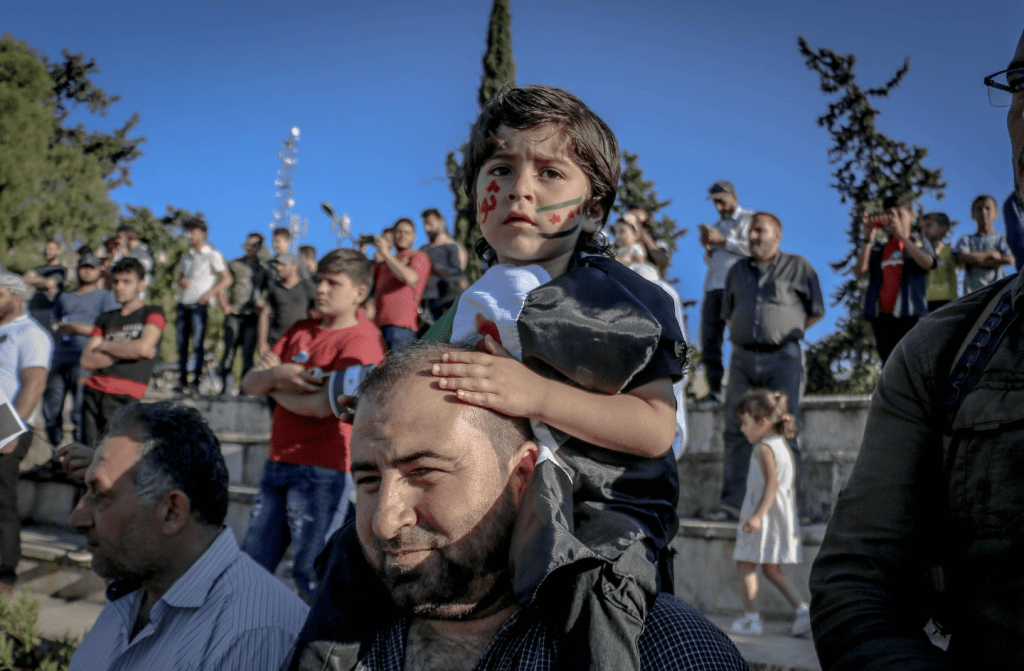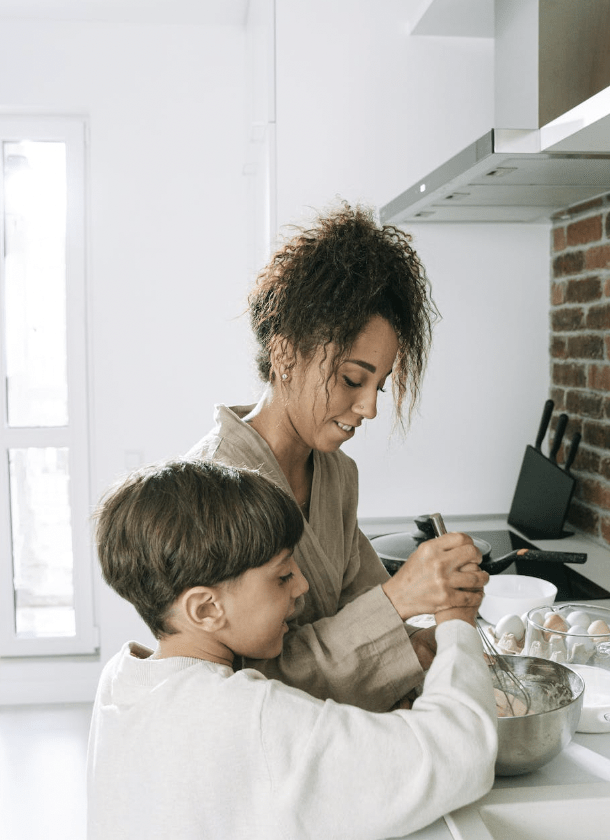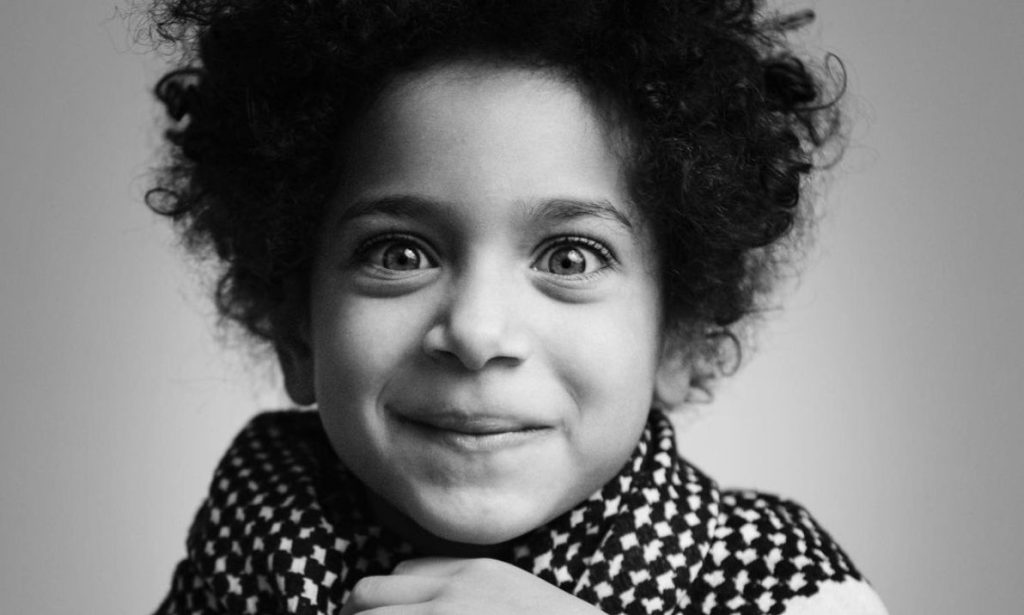Parents around the world are navigating difficult conversations about the current conflict happening in the Middle East, in particular the Israel-Hamas conflict. As parents, we always want to protect our children, and sometimes we tend to avoid hard conversations out of fear of saying the wrong thing. This is one of those moments in which we need to be speaking up to our children about what is happening in the world.
As families navigate through these tough times, children will look up to them for answers, support, and guidance. It is important to meet your child where they are developmentally and emotionally in their stage of growth. Here are some tips, provided by The Wellness Hub’s Licensed Therapist’s Marwa Saadawi on how to approach the conversation with your child and/or teenager.

Parents/Guardians:
- Check-in with yourself before opening the conversation
- It is important to regulate our own emotions and recognize our own stress levels before we can help anyone else. Process them, and find compassionate support within your own community.
- Be informed
- Take time to learn more about the current conflict and crisis. This allows us to build knowledge and confidence in how to speak to our family about the topic.
- Clearing up misconceptions, and noise makes us feel comfortable about what we are going to say.
- Stay mindful
- Are you scrolling on social media in front of your children? Is the TV on in the background? Are you chatting with a friend on the phone in the living room?
- Be mindful of the environment that is in the home.


Ages 12 & Under:
- Choose a calm space and quiet time to open this conversation
- Try to avoid the topic before bedtime.
- Find out what they know
- Understand what your child knows. Use this as a guide to how much needs to be explained and shared without overwhelming our children.
- Children at this developmental stage sometimes use art, activities, and play as their language to express themselves.
- They may not have the language for what they are thinking- through open play, or a plain piece of paper and markers can be useful.
- Find out how they feel
- Modeling emotion can guide kids to understand what they might be feeling.
- Example: “My heart is breaking for Palestine.”
- Example: My tummy feels icky with what’s happening in the world.
- Modeling emotion can guide kids to understand what they might be feeling.
- Common questions that may come up?
- What is going to happen to those kids and families?
- Others may ask questions as to how it can affect their own individual world. Such as: Is the war going to come to us? Will this happen to me?
- Who are the bad guys?
- Use language that makes sense to your child.
- Storytelling at this stage will allow them to make sense of the situation.
- Using stuffed animals (ages 7 and below) or their friends or siblings as a talking point.
- Lots of kids are wondering what is happening right now, you could say:
“ Imagine your little brother is hanging out in his room, and you go into his room and you say this is my room now.” (This is an example of how-to storytell using their language).


- Be aware of the temperament of your child
- For the child with a more sensitive personality, you want to give them support and space in how they are feeling. Validate their thoughts by telling them you feel their sadness and it is okay to have these feelings.
- For the child with lots of curiosity, you want to give them the time and space to listen to what questions they have and support them by answering them as clearly as possible to fill their curiosity.
- You want to also check their screen time during this time to make sure they are not overconsuming the content that is being flooded on the internet.
- Observe your children’s behavior
- Observe if there are any changes in their behavior- are they in distress, are they complaining about a tummy ache, or acting up?
- Be a safe space to soothe your child
- Incorporating more mindful activities to ease their thoughts and make them feel in control
- Some ideas :
- Baking, coloring, going for a walk, playing games.


Teenagers:
Teenagers are very aware of the situation that is happening in the world by now, and have seen a lot of the images on their social media. Opinions have been formed, and their peers are talking. As parents, we need to have openly candid conversations with our teens about the current crisis.
- Open up to your teenager
- Share with them how you feel, and what your point of view is.
- Ask them how they are feeling about the situation.
- See what questions they have and discuss them together.
- Use this as a teaching moment
- Talk to them about the importance of news sources.
- Teaching them the difference between a reliable news source and an unreliable new source.
- Facts v opinions.
- Emotional awareness
- Every teen is growing at their own individual pace. Some may have strong feelings, and others may not know how they feel. We as parents need to assess how our teenagers are feeling and how it may be affecting them.
- For those who do not know how they feel:
- Modeling how you feel can help them find language for themselves.
- Asking them where they are feeling it in their body can allow them to connect the emotion to the feeling.
- Spread compassion not stigma
- Conflict can ignite prejudice and discrimination. No matter your stance on the matter avoid labels like “bad people” or “evil.” Use this as an opportunity to encourage compassion for those who have lost their loved ones, or have lost their homes.
- Prioritize Humanity
- Prioritize humanity- while the war is the most traumatic thing happening in our world right now, our conversations with our children need to be about individual people, places, and their life stories right now. Compassion and humanity need to be restored and instilled rather than hate and violence.
- Your children will have friends, classmates, teachers, and peers, from diverse backgrounds. Through these conversations, we can teach our teens the importance that all people have equal worth and value in this world.


Children and teens are getting information from various outlets- be it in school during lunchtime or online. So it is important not to avoid or ignore the situation but to face it head-on and ensure that you are gaining a better understanding of how they are interpreting the information.
WE SAID THIS: Don’t Miss…Top Wellness Trips For The Mind & Soul Across The Middle East



